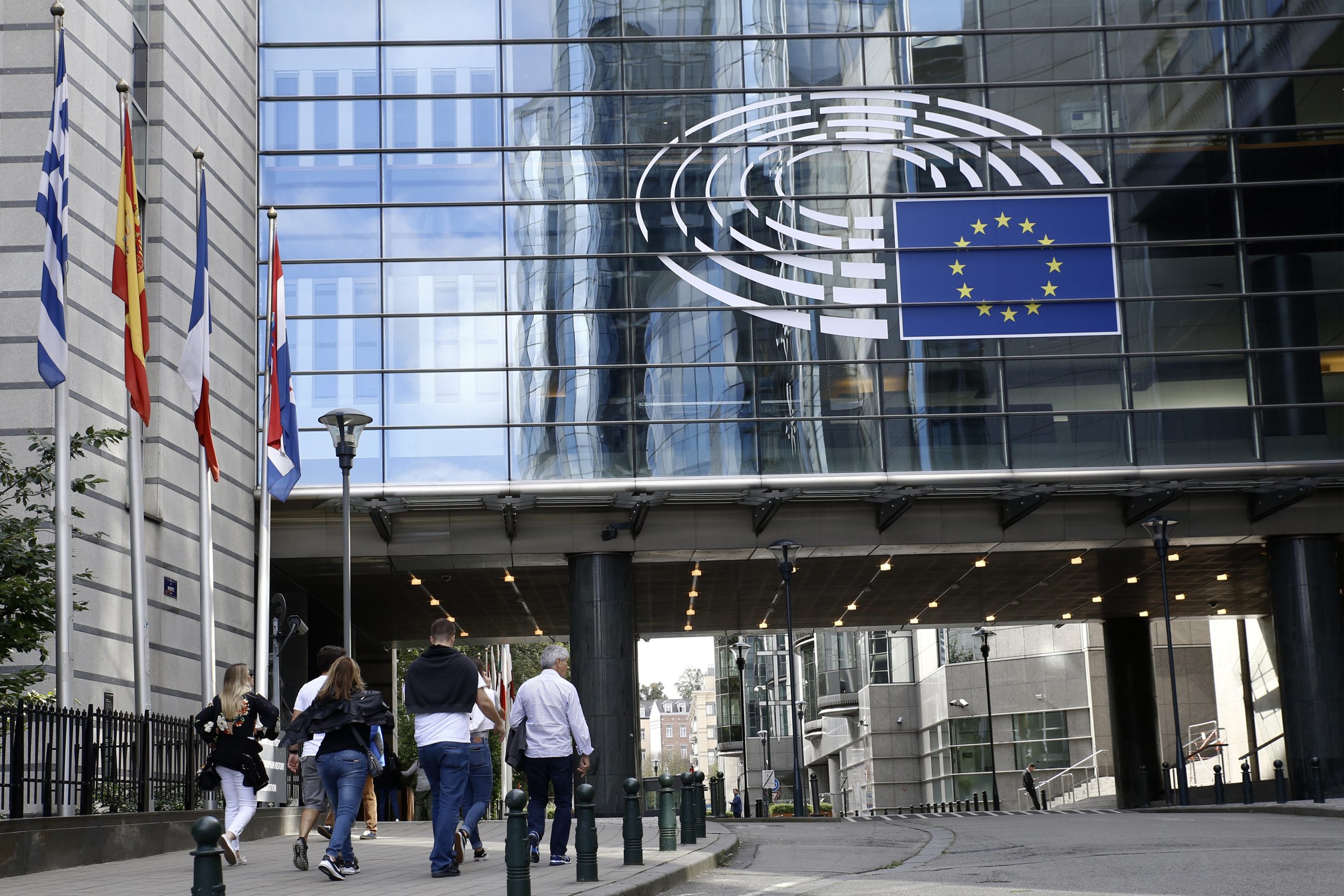
Sovereignty in the Age of Social Media—TikTok At the Intersection of National Security, Democracy, and Free Expression (Part II.)
In the previous segment, we delved into the legislative push to address the security concerns associated with TikTok, spotlighted by the bipartisan support for the “Protecting Americans from Foreign Adversary Controlled Applications Act.” This act aims to restrict TikTok’s U.S. operations due to its Chinese ties, reflecting the tension between national security and free speech. In this part We highlight the complex intersection of national security, free speech, and digital sovereignty, raising questions about democratic values and the open internet ethos amid geopolitical tensions and concerns over foreign influence and espionage, without conclusive evidence of actual threats.
The legislative initiative under discussion represents a strategic endeavor to safeguard the national security interest of the United States from potential threats posed by applications under the control of foreign adversaries, with TikTok being the primary focus of this legislation. The Act meticulously prohibits app stores from distributing TikTok and precludes internet hosting services from facilitating the app’s operations within U.S. jurisdiction. This comprehensive approach introduces a multifaceted layer of complexities and subtleties that merit thorough examination. The overarching objective of the Act is to either compel the divestiture of TikTok to a domestically owned entity or to effectively inhibit its operations in the United States, thereby mitigating the risks associated with foreign adversary ownership—a term that applies to a limited classification of countries as delineated by the legislation.
The proposition to ban TikTok, or any platform, on grounds of national security while overlooking broader issues of platform accountability raises questions about the integrity of democratic values and the principle of free speech. The United States has historically championed these values, criticizing other nations for their censorship practices and restrictions on digital freedom. Adopting a similar stance undermines this position, eroding the United States’ credibility on the global stage and infringing upon the civil liberties of millions of Americans who rely on TikTok for various personal and professional reasons.
While the imperative to defend national sovereignty, especially in the realm of cybersecurity and protection against foreign espionage, is undeniably critical, the approach of restricting or banning foreign-owned social media platforms evokes comparisons with the digital governance models of countries like China and Russia. These nations are known for their stringent control over the internet and social media, often justifying such measures on grounds of national security, but also significantly limiting free speech and international exchange.
This strategy of endorsing only nationally owned social media platforms within one’s borders suggests a departure from the open internet ethos that has characterized much of the digital age, particularly in Western democracies. It poses a nuanced dilemma: on one hand, safeguarding the digital space from potential foreign threats is a legitimate concern of national security; on the other hand, mirroring the restrictive practices of authoritarian regimes risks undermining the values of freedom, openness, and global connectivity.
Furthermore, this stance reveals a conspicuous tension in the international stance of U.S. policymakers. The same legislators who advocate for stringent measures against foreign apps like TikTok on the basis of national security exhibit skepticism and criticism towards the European Union’s efforts to regulate American tech companies operating within its jurisdiction. The EU’s regulatory initiatives, aimed at protecting privacy, data sovereignty, and competition, often face opposition from U.S. stakeholders who argue that such measures unfairly target American companies and stifle innovation.
This contradiction underscores a broader debate about the governance of global digital platforms and the balance between national sovereignty, international cooperation, and the global nature of the internet. While countries have the sovereign right to defend against cyber threats and protect their national security, there is also a compelling argument for fostering an internet ecosystem that supports cross-border exchange, freedom of expression, and economic growth. The challenge lies in crafting policies that effectively address legitimate security concerns without resorting to protectionism or infringing on the principles that underpin the global internet.
In essence, navigating this complex terrain requires a nuanced understanding of the intersections between national security, digital sovereignty, and the universal values of an open internet. It calls for a concerted effort among democracies to establish norms and frameworks that safeguard against real threats while upholding the fundamental freedoms that the internet was built to promote. This endeavor is not only about protecting the digital borders of a nation but also about preserving the integrity of the global digital commons in an increasingly interconnected world.
Furthermore, the effectiveness of such a ban in mitigating actual threats remains dubious. No conclusive evidence has been presented to demonstrate TikTok’s purported danger, beyond speculative classified briefings. Top national security officials, including leaders from the FBI, CIA, and the director of national intelligence, have only gone so far as to suggest the potential threats posed by TikTok, such as data collection on Americans and the manipulation of public opinion, are purely hypothetical. Critics only have voiced concerns about the theoretical possibility that the Chinese government could manipulate TikTok for espionage or to influence public opinion, however, they stop short of asserting that China has actually engaged in such activities through TikTok.
The First Amendment implications of this move cannot be overstated. Historical precedents underscore the Supreme Court’s stance against restricting foreign speech based on its content, emphasizing the importance of open and robust debate as fundamental to democratic discourse. The case brings up significant First Amendment concerns not only for TikTok itself but also for American app stores hosting the app and for the app’s users. The potential ban threatens to remove a platform chosen by millions for expression, forcing app stores to comply with government mandates on what they can and cannot offer. Under First Amendment jurisprudence, the government is required to demonstrate that any forced divestment or ban of the app is based on a compelling government interest and that it is the least restrictive means of achieving that interest. The constitutionality of such a ban hinges on whether the government can prove a specific and compelling national security interest and whether there are less restrictive measures available, like TikTok’s data localization initiative, Project Texas, which could address these concerns without infringing on free speech.
As the debate progresses, it is crucial to consider the broader implications of such legislative actions. A TikTok ban, viewed through the lens of xenophobia and performative politics, does little to address the root causes of the concerns it purports to solve. Instead, it signifies a troubling willingness to compromise on the principles of free expression and privacy in the face of unverified threats. The path forward should prioritize comprehensive privacy legislation and a nuanced approach to platform regulation that upholds the ideals of freedom and openness, thereby ensuring a secure, vibrant, and inclusive digital public square for all.
János Tamás Papp JD, PhD is an assistant professor at Pázmány Péter Catholic University, Hungary, and a legal expert at the Department of Online Platforms of the National Media and Infocommunications Authority of Hungary. He has taught civil and constitutional law since 2015 and became a founding member of the Media Law Research Group of the Department of Private Law. He earned his JD and PhD in Law at the Faculty of Law and Political Sciences of the Pázmány Péter Catholic University. His main research fields are freedom of speech, media law, and issues related to freedom of expression on online platforms. He has a number of publications regarding social media and the law, including a book titled „Regulation of Social Media Platforms in Protection of Democratic Discourses”








